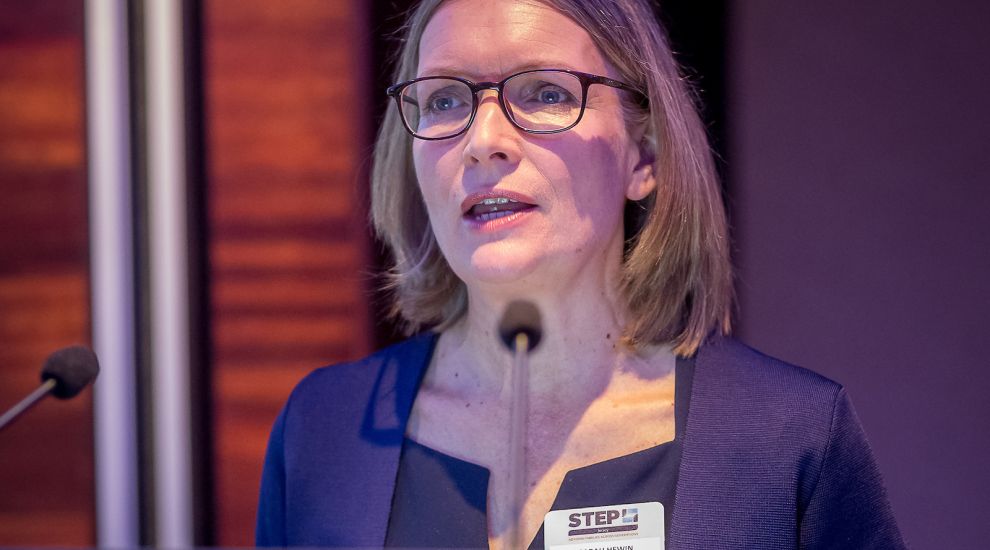

Standard Chartered’s chief economist for Europe has told an audience of STEP members that the Euro crisis is over.
Sarah Hewin was addressing the attendees of the annual STEP Jersey conference yesterday.
"We feel that the Euro crisis is now over,’ said Ms Hewin. ‘There continues to be moderate, but uneven, growth in most European countries, despite some caution relating to the political risks facing the Euro zone over the next year or two. The strategy the European Central Bank implemented to save the Euro in 2011 and to subsequently drive growth has worked, and support for the Euro currency is at a seven-year high."
Ms Hewin went on to show a trend of slower GDP growth in the UK than in previous years, but said the Bank of England’s decision to increase the interest rate to 0.5 per cent, its first increase in more than a decade, demonstrates the belief that the economy is both buoyant and strong enough to withstand this rise.
"Looking ahead we see Asia as the biggest contributor to global growth next year. Although there is some concern regarding the levels of Chinese debt, and the expansion in corporate debt, we are confident that the situation will be managed by the reform programmes that the [Chinese] government is putting in place,’ said Ms Hewin.
"China’s income growth (distribution per adult pre-tax national income) between 1978 and 2015 was 811 per cent, while the US only saw income growth of 59 per cent and France 39 per cent. This shows how globalisation is a positive as it’s raising living standards in many emerging markets,’ said Ms Hewin. She also went on to say that there is still a good of opportunity to invest in China, as the country and many of its Asian counterparts will need sustained investment to continue on their growth trajectories.
"There is also positive news from the US with a strong sentiment and a buoyant labour market. The current average upswing cycle is looking mature, lasting for 100 months — the third longest sustained period of recovery in the last century. Despite this there is still a risk of a recession, which could be caused by policy mistakes or outside shocks.
"Overall, there will continue to be geopolitical risks across the globe, some of which could cause huge changes. Despite this our outlook is a positive one," she concluded.
Comments
Comments on this story express the views of the commentator only, not Bailiwick Publishing. We are unable to guarantee the accuracy of any of those comments.